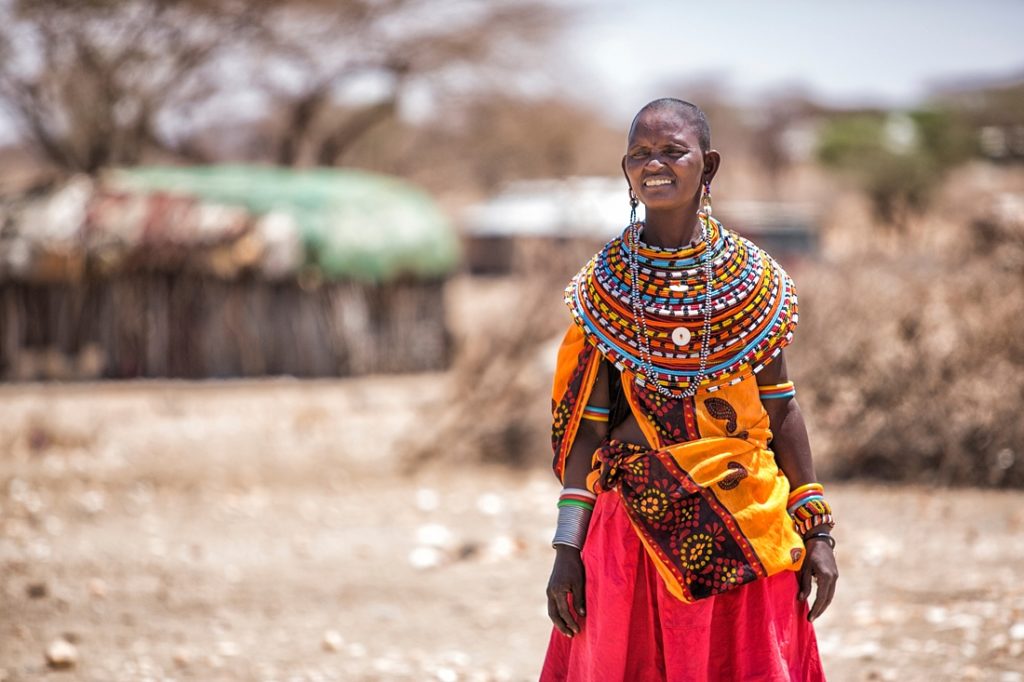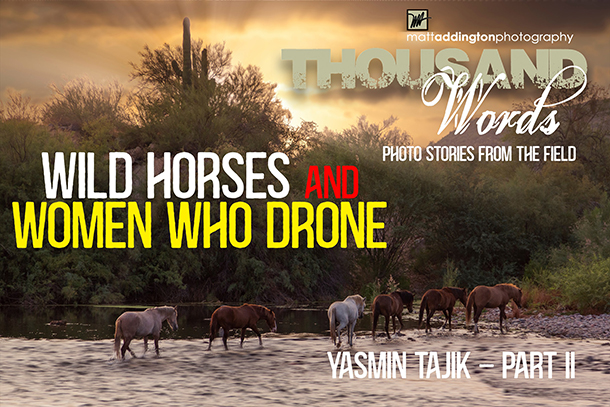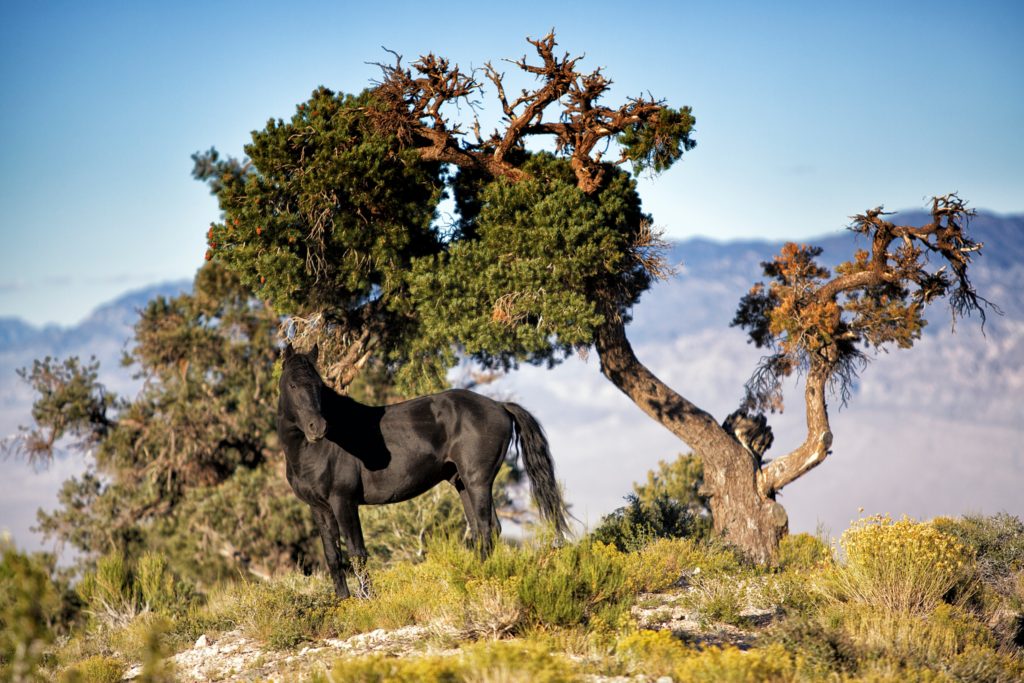
The Samburu Tribe of Kenya
Rarely do we come across an experience that completely changes the trajectory of our life and career. This moment happened to me about 3 years ago as I took my first steps onto the African continent. I was on an 8 day trip, traversing through Kenya to 4 national parks on what was an adventure I had desired since my childhood years. Call it a bucket list trip if you will; there was a deep beckoning, yearning, and draw for me to make this journey. I can not describe this trip in perfect terms, other than I felt all the stars had aligned to bring me to this location, to these experiences and these people in a pure form of divine intervention and synchronicity. About a year before this trip, I remember sitting down with my Mom and telling her that I needed to do something different than what I was doing by photographing portraits and weddings in Las Vegas. I had an inner desire and need to photograph different ethnicities, pulling from my own Pakistani heritage, very much along the lines of Steve McCurry who photographed the iconic “Afghani Girl” which graced the cover of National Geographic. And when I went on my trip to Kenya and visited and photographed a village from the Samburu tribe, I knew I was exactly where I needed to be. There was a specific moment when I was photographing women in the tribe, and I knew this was the start of where I wanted and needed to go with my photography. I came home from that trip knowing everything had changed for me. The Samburu Tribe, also known as the Butterfly People, are known for their semi-nomadic lifestyle and brightly colored clothing and beaded jewelry. They are close relatives of the Masaai, staying in their menyattas, or huts, for 4-5 years before moving on to another settlement. Just before entering their encampment, a group of Samburu women gathered at the entrance and danced and sang a welcoming song. While singing and dancing, the women undulated their bodies which causes the bib necklaces to bounce off their chest in a rhythmic manner. After the women sang and danced, the men demonstrated their iconic ability to jump as part of the welcome ceremony and dance. The village is made up of little huts made of sticks, mud and cow dung, where each wife of a polygamous marriage has her own home. A thorny fence surrounds their village to protect from wild animals. The dry, desolate and arid environment can be quite a harsh environment to live in. Placed near the foothills of Mount Kenya, don’t be fooled into thinking they have lush, green lands. The Great Rift Valley where they live can be quite barren and monochromatic, thus enhancing the extraordinary colored clothing and jewelry they wear which can be easily recognized from a distance. The Samburu tribe has found a special place in my heart. I often return to these photos over and over again, reliving my short time with this tribe, grateful for their welcoming hospitality and kind hearts and I can’t wait to visit them again. Video of the Samburu women welcoming us.







